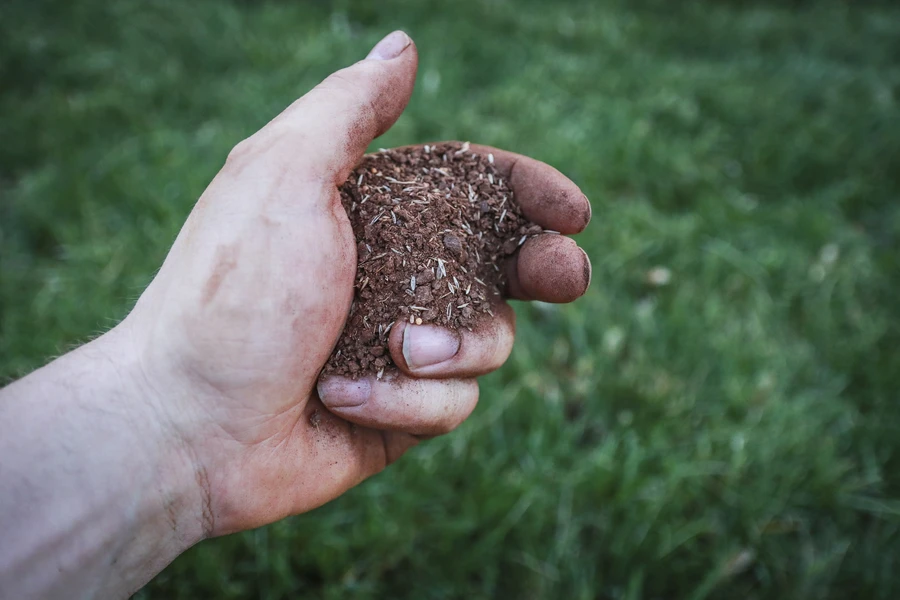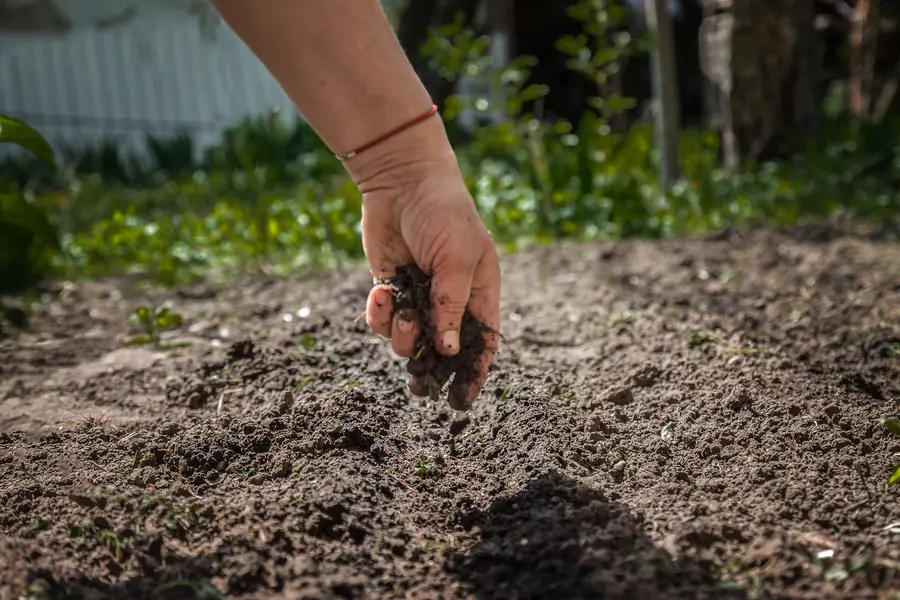Understanding Why Bad Soil Can Lead to Pest Problems
Poor soil conditions are more than just a gardening concern. They can invite unwanted pests into your garden or yard. Soil that lacks nutrients or has imbalance can attract bugs and insects. These pests often seek the organic matter missing in the soil. Understanding this relationship is key for anyone looking to maintain a healthy outdoor space. Recognizing poor soil as a pest magnet helps you address the root of the problem, creating a healthier environment.
The Impact of Nutrient Deficiencies
Soil lacking in essential nutrients creates an ideal home for pests. When plants struggle due to nutrient deficiencies, they become more susceptible to attacks. Weak plants can’t fend off insects effectively. This situation allows pests to thrive and multiply rapidly. Conducting soil testing can identify what nutrients your soil lacks, enabling targeted interventions to replenish them.
Moisture Imbalance and Its Effects
Too much or too little moisture in soil attracts different types of pests. Overly wet soil might lead to fungal growths that attract certain insects. Conversely, dry soil may force pests to seek water sources in nearby areas, including inside homes. Regular soil testing helps maintain proper moisture levels by advising on suitable drainage and irrigation solutions.
Soil Ph Levels and Pest Attraction
The pH level of your soil influences pest activity significantly. Certain pests prefer acidic or alkaline environments. If your soil’s pH is off-balance, it may become inviting to these specific pests. Adjusting the pH level through lime or sulfur additions can deter pests from making your yard their home.
Organic Matter: the Double-Edged Sword
While organic matter enriches the soil, its decomposition can attract pests. Decomposing materials provide food sources for various insects and bugs. This process makes careful management necessary when adding compost or mulch. Ensuring proper decomposition minimizes pest issues while enriching your soil health.
- Avoid overwatering to prevent moist conditions perfect for pests.
- Regularly test soil to check nutrient levels and adjust accordingly.
- Control organic material applications to balance enrichment with pest prevention.
Compaction and Its Consequences
Compacted soil prevents plant roots from growing deep and strong, leading to weak plants that can’t resist pest invasions. Heavy foot traffic or machinery use leads to compacted soil. Break up compaction by aerating the soil regularly, ensuring roots have room to breathe and grow efficiently.
Dealing With Erosion
Erosion strips away topsoil rich in nutrients, weakening plant defenses and attracting pests seeking easy targets. Use ground cover plants or mulch to protect against erosion effects, keeping your garden resilient against environmental challenges.
Call-to-Action: Improving Soil Health Today
Healthy soil is crucial for deterring pests and fostering robust plant life. By understanding soil conditions, you take proactive steps against infestations. For expert support in maintaining optimal soil quality, reach out to Sound Solutions OPM at (206) 363-4207. Our team provides services across Lynnwood, WA, dedicated to enhancing your landscape’s vitality.

